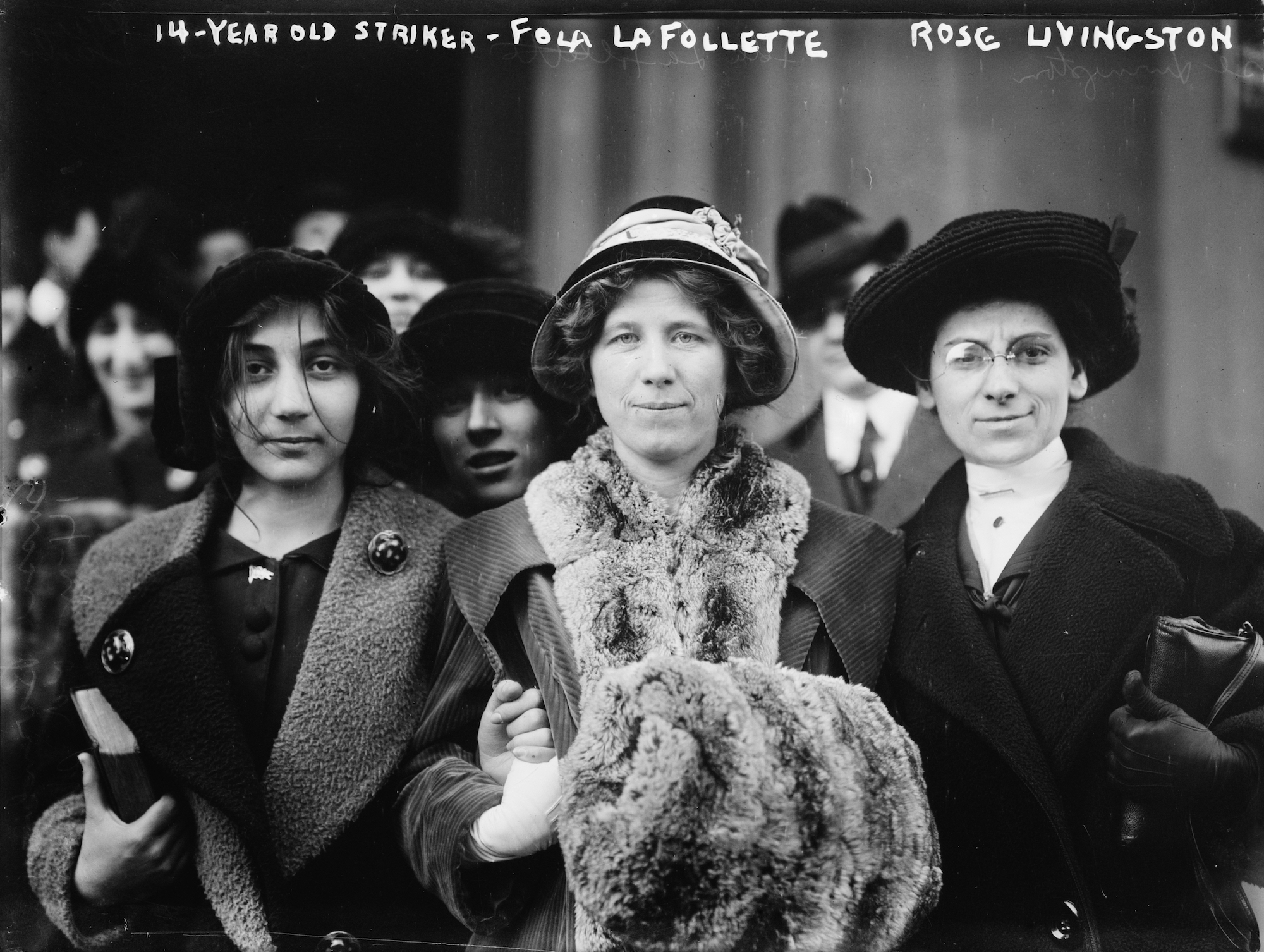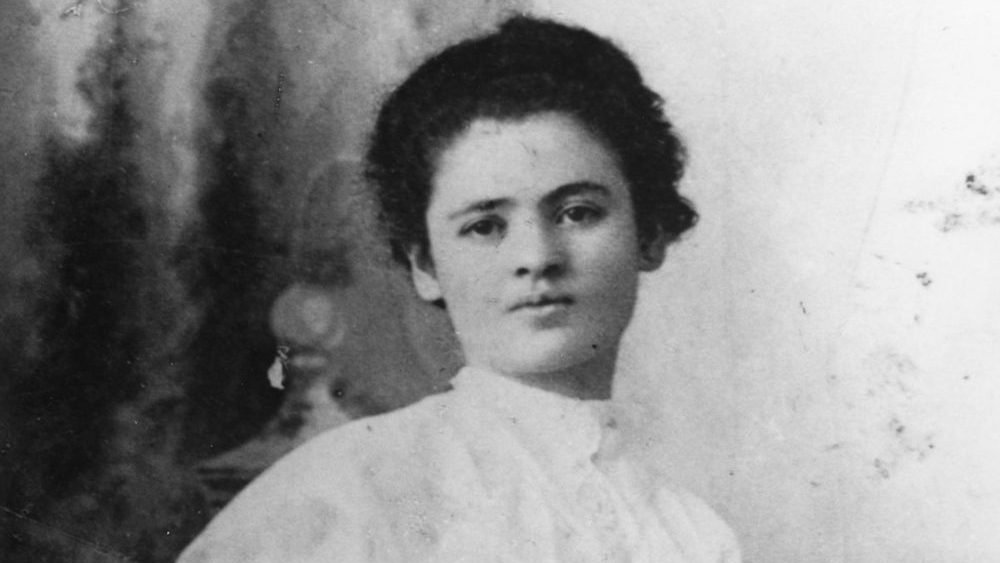
By Leader Dr. Joe Chuman
We are living through a tumultuous election season. It is the role of Ethical Culture to engage in the issues of the day and to critique them, but not as a politician or journalist would. Rather, it is to look at manifest events from the perspective of the values that lie beneath them and the dynamics that animate them. I take that perspective in examining a problem that drives our politics and calls for political solutions, namely the fracturing and fraying of the American social fabric.
The term “Tribalism” has been revived in our contemporary vocabulary. We usually associate it with the tendency of people to group together on the basis of ethnic identity or race, though “race” remains a contested construct. But today tribalism has come to describe people identifying with each other on the basis of shared political positions and orientations, whether related to abortion, guns, immigration, gender issues, or whether one situates oneself on the left or right of the political spectrum. This tribalistic, parochial move has become vituperative and often nasty so that those who stand on opposing sides of an issue contend that their adversaries are not only mistaken and perhaps open to persuasion but are lacking in legitimacy as members of a shared society.
How did we get to this point? Clearly, changing demographics plays a role. Waves of new immigrants — bringing new cultures, new values, and different skin pigmentation — feels increasingly alien to many in the white majority. People want to feel at home where they live. But many who have felt that America is somehow theirs don’t feel at home any longer. With that estrangement comes a loss of the sense of privilege, replaced by feeling threatened. And when people feel threatened, they are inclined to band together more tightly with others who are like themselves; shared political views and values become focal points for such bonding. There are few forces among us stronger than the human bond.
But I see bigger dynamics, and they are economic. The wealth gap in America is intolerably large and is an ominous threat to democracy. The vaunted American Dream wherein one could start poor and, through grit and hard work, work one’s way into the middle class — that dream is stalled, if not dead. The chances are now that if you are born into poverty you will never work your way out of it. When people see no opportunity for advancement for themselves and/ or their children, such a condition breeds hopelessness. It also foments cynicism directed toward a government that provides benefits to the allegedly undeserving, and toward the purported élites whom they construe control their lives. Those who are somewhat better off find themselves economically squeezed by the staggering costs of housing, health care, and child-care, which leads to the anxiety-conducing reality that 40 percent of Americans have fewer than $400 in savings — one car breakdown or medical episode away from panic mode. These harsh realities foster parochial vectors which further fracture America society.
The situation is ominous but not ultimately hopeless. America has been there before. The Gilded Age of the robber barons in which millions lived in poverty toiling in factories and occupying stifling tenements gave rise to the Progressive Era in which, working from the top downward and the grass roots upward, radically transformed the American landscape. The Progressive Era ushered in the New Deal, and government working together with the market created the most robust middle class the world has ever seen. Ethical Culture in its Golden Age of the late nineteenth and early twentieth centuries was proudly part of this larger movement.
In this dark moment, ours is not to despair. While we keep our feet on the ground, we must, once again, keep our eyes on the stars.







